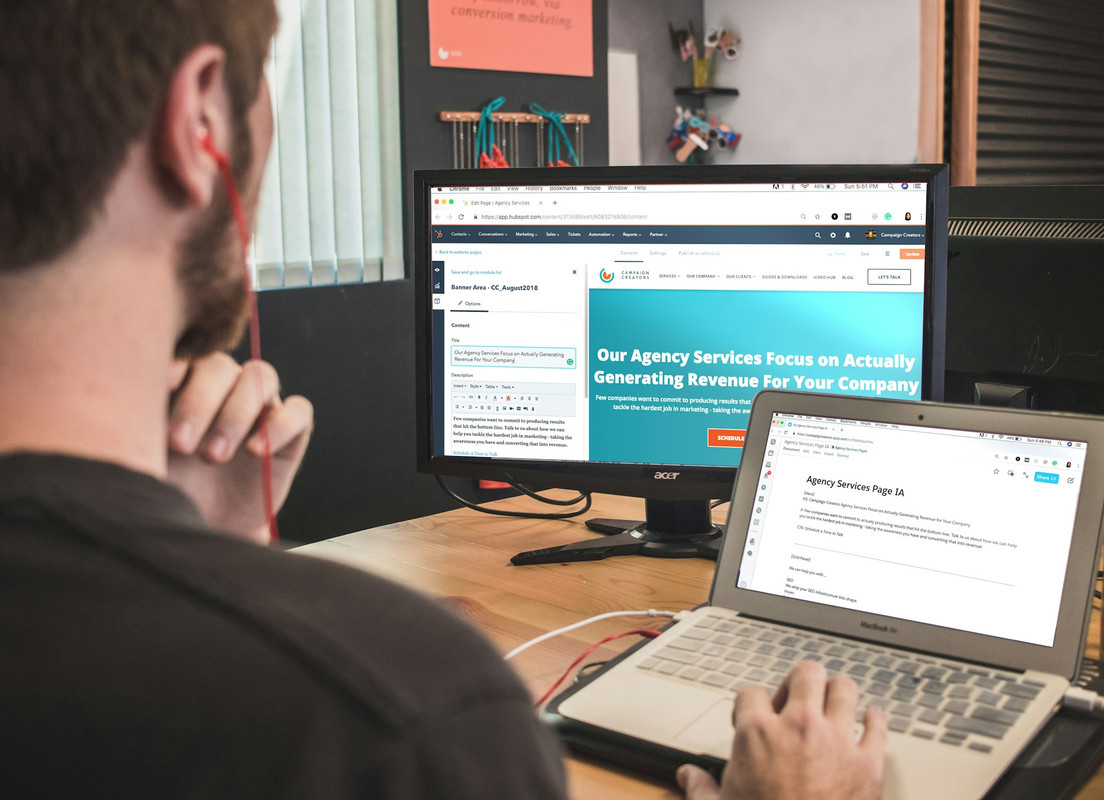

Artificial intelligence (AI) is making waves in various industries. One area in particular is AI workflow automation solutions for business processes.
AI-powered workflow automation proves particularly advantageous for businesses grappling with intricate workflows and processes. Through task automation, organizations can streamline operations, enhance efficiency, foster innovation, and cut down on costs.
In this article, we’ll talk about the benefits of using AI to automate business processes.
With the projected 19% compound annual growth rate from 2023 to 2032, according to Precedence Research, it’s evident that the AI market is expanding, suggesting the technology’s growing value across all sectors.
But before delving into its benefits, let's understand AI workflow automation.
In simple terms, AI workflow automation means using artificial intelligence to automate business processes. This involves employing algorithms for machine learning and natural language processing (NLP) to analyze data and automate various tasks.
Thanks to AI-powered automation software, businesses can speed up and simplify tasks that previously required significant time and effort. This allows employees to concentrate on tasks that demand human skills like creativity, ingenuity, and critical thinking.
AI workflow automation solutions find applications in various business tasks, including customer service, marketing, finance, and human resources departments. They prove particularly beneficial for businesses with intricate workflows and procedures.
Unlike traditional workflow automation, which can be time-consuming and complex, AI workflow automation such as some open-source language learning models (LLM), helps businesses overcome these challenges while offering numerous other advantages. Let's explore why AI workflow automation is gaining popularity in the business landscape.
The terms 'streamline,' 'automate,' and 'empower' are more than buzzwords—they represent the pillars of enhanced workflow efficiency. Streamlining involves optimizing and simplifying processes, automation eliminates repetitive tasks, and empowerment enables teams to make informed decisions. Harnessing the power of AI in these areas is proving to be a game-changer for organizations seeking a competitive edge.
● Streamlining Workflows with AI
According to a recent survey conducted by Cornerstone OnDemand, 68% of employees face an overwhelming daily workload, prompting companies to embrace business process automation. Without the assistance of automation in managing substantial workloads, these employees may reach a breaking point. This is where AI workflow automation comes into play.
The journey towards workflow optimization begins with understanding and streamlining processes. AI plays a pivotal role in this phase by analyzing existing workflows, identifying bottlenecks, and suggesting improvements. Machine learning algorithms can adapt and evolve, continuously optimizing processes based on real-time data. Industries such as manufacturing, finance, and healthcare are witnessing significant benefits through AI-driven streamlining, resulting in increased efficiency and cost savings.
● Automation for Enhanced Efficiency
Automation, another cornerstone of workflow enhancement, is redefined through the lens of AI. Repetitive and time-consuming tasks that were once manual can now be automated, thanks to intelligent algorithms.
Automating tasks that are repetitive and time-consuming helps businesses save time and effort. Additionally, AI can minimize the chances of human errors, enhancing overall productivity.
For instance, if a company employs AI to automate customer service tasks, it can respond to customer inquiries with greater speed and accuracy. This improved efficiency often results in higher customer satisfaction and loyalty.
From data entry to customer support, AI-powered automation not only saves time but also reduces errors. Case studies across various industries demonstrate the transformative impact of automation, leading to improved accuracy, faster turnaround times, and increased overall efficiency.
● Empowering Teams Through AI
Empowering teams involves providing them with the tools and insights necessary to make informed decisions. AI contributes to this by fostering collaboration, enhancing communication, and offering valuable insights. The use ofAI4Chat and virtual assistants streamline communication, while predictive analytics and data-driven decision-making empower teams to stay ahead of the curve.
Consider a company utilizing AI to analyze customer data. Through this process, the company can identify patterns and trends that contribute to enhancing its products or services. AI also offers real-time insights, enabling businesses to promptly acquire relevant information and make informed decisions.
While the benefits of AI in workflow enhancement are evident, organizations must navigate challenges such as implementation hurdles and ethical considerations. Addressing these challenges requires a strategic approach, including robust training programs, transparent communication, and adherence to ethical AI principles. Understanding and mitigating these challenges is crucial for the successful integration of AI into workflow processes.
As technology continues to evolve, so do the possibilities for AI-driven workflow optimization. Emerging technologies, such as advanced natural language processing and the integration of AI with the Internet of Things (IoT), are set to redefine how organizations streamline, automate, and empower their workflows. Anticipated developments promise to bring unprecedented levels of efficiency, agility, and innovation to businesses across industries.
The integration of AI with workflow optimization is transforming organizational dynamics, particularly in the context of pursuing an organizational leadership degree. The journey from streamlining processes to empowering teams is marked by AI's ability to analyze, adapt, and enhance at every step. As we look to the future, the continued evolution of AI promises to unlock even greater potential, propelling businesses toward a new era of efficiency, productivity, and success. To stay competitive in this rapidly changing landscape, organizations must embrace the transformative power of AI and embark on the path to streamlined, automated, and empowered workflows.